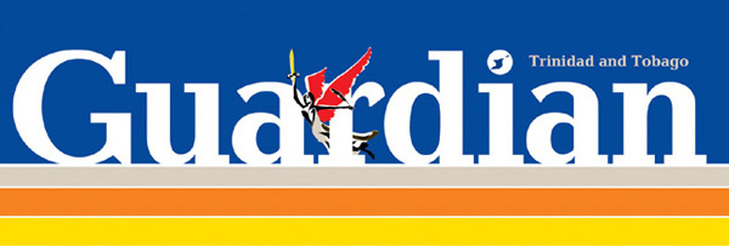Massive open online courses better known as MOOCs emerged in 2012. Free of charge and lasting around eight weeks, they allow anyone with access to the Internet a chance to study a wide number of usually US and European university courses online through videos, reading and research activities. Online discussions and quizzes are also provided and at the end of the course participants are often awarded a certificate of completion.
On the one hand MOOCs promised a gateway to knowledge, especially for those without access to higher education. However, MOOCs weren’t just greeted positively; there was also a massive backlash – still on going – by many within the global academic community. And it has been interesting to see Knowledge.tt – a system of education heavily reliant on MOOCs – arrive in T&T whitewashed of any critique.
For example, research into MOOCs suggests they are great for informal learning but they are not the same as earning a formal education. They are also a lot of concerns about the content, the top-down teaching style, a lack of effectiveness, low exposure to varied perspectives, low completion rates, issues with plagiarism and grading, and also the lack of professional networks persons taking MOOCs make in comparison to classroom learners.
To be fair some complaints can be put down to the threat MOOCs pose to the current model of education and no one here has claimed Knowedge.tt is the equivalent of a formal university or college education. The word “hybrid” – something between formal education and life long learning – seems to be the most correct way to envisage Knowledge.tt.
At the opening of Knowledge.tt there were promises about local content to be provided, and that this isn’t a new form of knowledge colonialism. Speakers also stressed Knowledge.tt isn’t simply about MOOCs and learning, but about “learning hubs” and using MOOCs to make people not already in tertiary education more employable.
In fairness to the positive sentiments professed it is impossible to predict the impact and outcomes of Knowledge.tt. Perhaps like the Minister and all the stakeholders’ believe this endeavour will be a great success and a leader for the rest of the world – although such hubris is in itself, a tad worrying.
Knowledge.tt and the MOOC model challenge the contemporary teaching system but they do not replace it nor could they. MOOCs might offer certificates of completion that demonstrate competency to some sort of level, however the rigorousness, comparability and value of such qualifications will need better explaining.
Also, in terms of content there is a big difference between facts in the natural sciences and “social facts” in the social sciences, which hasn’t been acknowledged. For example, in anthropology it has been shown in general terms that what “black” means in the USA is not what “black” means in the Caribbean or in Brazil.
This cultural relativism doesn't mean moral relativism - that is to abuse the term and slip into a world where anything goes. Anthropologists use cultural relativism as a method not a doctrine. They are talking about ontological and epistemological differences in how people understand and digest the world around them based on a wide range of differing environmental conditions, in order to better understand peoples and their ways of living.
Languages, food, driving rules, beliefs, attitudes, religions and artefacts are a few examples of cultural relativism in the world today. They remind us that the social is a human construction and social facts about society are not the same as facts in the natural sciences
Psychology and economics, two "wannabe" natural sciences but absolutely social sciences, often claim to have discovered norms and universals about human behaviour or the mind. Yet it has been shown that most of the “normal behaviour” they discover is based on testing a small part of the global population. For example, between 2003 and 2007, far from finding true universals the top six psychology journals in the world talked about human universals based on test subjects who were 96% US or European based.
What we learn in the social sciences isn’t always as value free as we might assume. The majority of conventions in the social sciences come weighed down in the biases and worldviews of the white, male voices that get heard most often, which has implications for Knowledge.tt. University education in this sense is not a meritocracy and the dominant social science courses arriving with Knowledge.tt will reflect and perpetuate this inequality.
So what is the best way to understand the nation’s newest shiny toy? On the one hand there should be praise for Knowledge.tt. Sentiments about making knowledge free and available for all are worthwhile. Not to mention learners have many different styles and time constraints, something Knowledge.tt will satisfy.
On the other hand there should also be caution. Knowledge.tt is a Trojan horse whose arrival in T&T has been celebrated by stakeholders with great excitement. Yet the evidence currently does not exist to support many of the claims made at the launch. Seen as a work in progress perhaps that will change.
http://www.guardian.co.tt/columnist/2014-06-08/knowledgett%E2%80%94-empower

 RSS Feed
RSS Feed